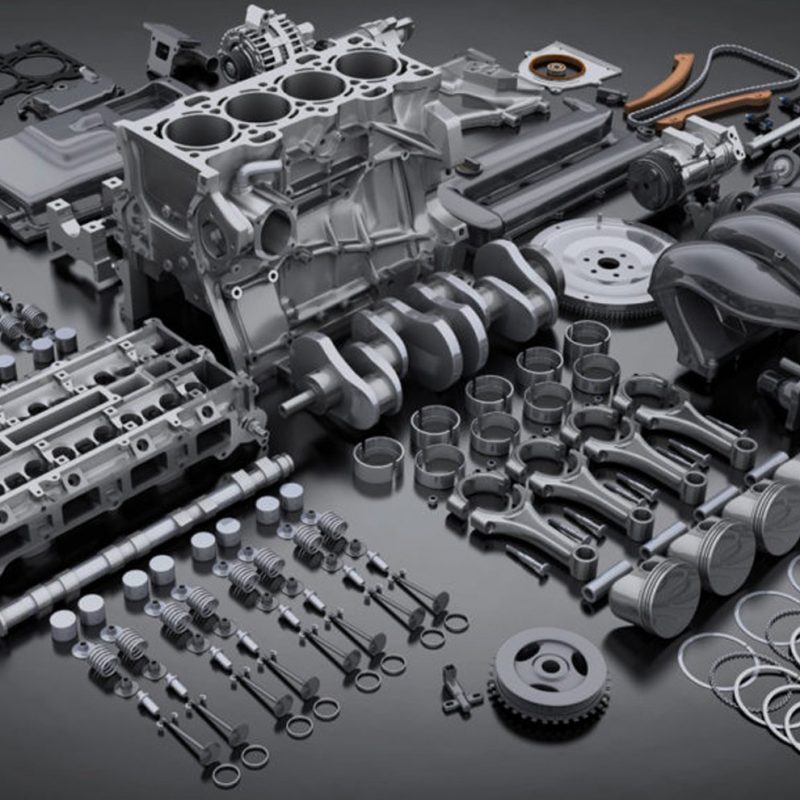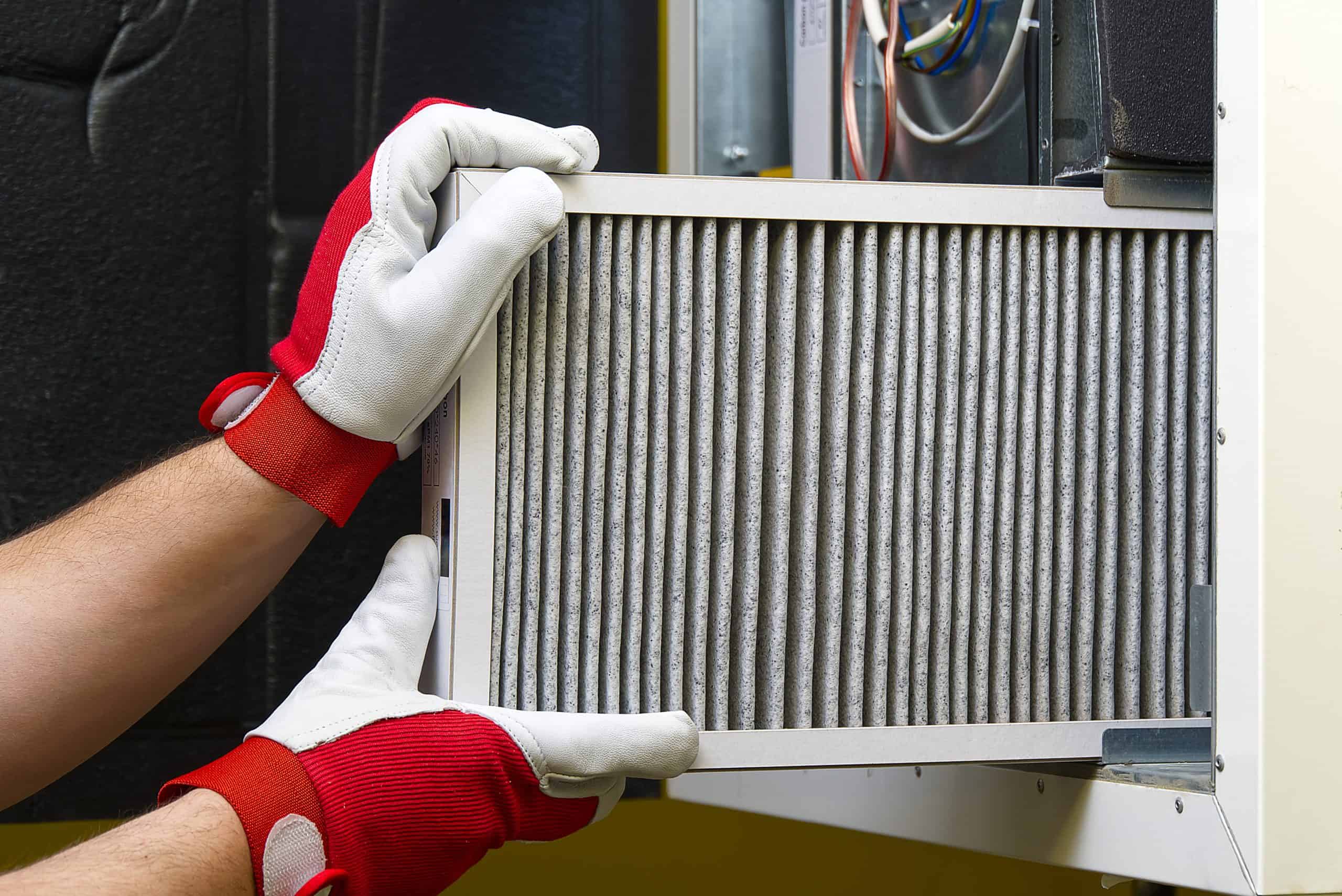The Benefits of Regular Oil Changes
The Benefits of Regular Oil Changes
Regular oil changes are a crucial part of maintaining a vehicle’s overall health and performance. Not only do they extend the life of an engine, but they also improve fuel efficiency and enhance performance. Neglecting oil changes can lead to costly repairs and even engine failure, making regular oil changes a wise investment for any vehicle owner. In this article, we will explore the benefits of regular oil changes and why they should be a regular part of your vehicle maintenance routine.
Engine Longevity
One of the most important benefits of regular oil changes is the impact they have on engine longevity. As the oil in a vehicle’s engine circulates, it collects dirt and debris that can cause wear and tear on the engine’s moving parts. Regular oil changes help to remove this buildup and keep the engine running smoothly.
When oil is not changed frequently, it can become thick and sludgy, which can cause friction and damage to the engine. Additionally, neglecting oil changes can lead to the accumulation of debris and contaminants that can cause clogs in the engine’s oil passages, leading to decreased lubrication and increased wear and tear.
Regular oil changes help to prevent these problems and extend the life of an engine. It’s important to follow the recommended schedule for oil changes set by the vehicle’s manufacturer to ensure that the engine is receiving the necessary maintenance to keep it running efficiently and for a long time. Neglecting regular oil changes can lead to serious and costly engine damage in the long run.
Improved Fuel Efficiency
Another benefit of regular oil changes is improved fuel efficiency. As the oil in a vehicle’s engine becomes dirty and contaminated, it can cause increased friction and drag on the engine’s moving parts. This can lead to decreased fuel efficiency and a reduction in the vehicle’s gas mileage.
On the other hand, when the oil is clean and fresh, it helps to lubricate the engine parts, reducing friction and drag, leading to better fuel efficiency. Regular oil changes can help to ensure that the engine is running as efficiently as possible, resulting in better gas mileage.
A dirty oil filter can also decrease fuel efficiency, as it can restrict the flow of oil to the engine. During an oil change, the oil filter is also typically replaced, ensuring that the engine is receiving the proper amount of clean oil.
By regular oil changes, not only will you save money on fuel, but also it’ll help the environment by reducing emissions. Therefore, regular oil changes can not only save you money at the gas pump, but also help to reduce your carbon footprint.
Enhanced Performance
Regular oil changes can also have a positive impact on a vehicle’s performance. Clean oil helps to lubricate the engine’s moving parts, allowing them to move more smoothly and efficiently. This can result in improved power and acceleration, as the engine is able to perform at its best.
On the other hand, dirty oil can have a negative impact on a vehicle’s performance. As the oil becomes thick and contaminated, it can cause increased friction and drag on the engine’s moving parts. This can lead to a decrease in power and acceleration, as the engine is not able to perform at its optimal level.
Additionally, dirty oil can also cause clogs in the engine’s oil passages, leading to decreased lubrication and increased wear and tear. Neglecting regular oil changes can lead to decreased performance and can even cause damage to the engine.
To ensure that your vehicle is performing at its best, it’s important to follow the recommended schedule for oil changes set by the vehicle’s manufacturer. Regular oil changes can help to keep the engine running smoothly and efficiently, resulting in enhanced performance and better overall driving experience.
Cost Savings
Regular oil changes can also result in cost savings in the long run. Neglecting regular oil changes can lead to serious and costly engine damage, which can result in costly repairs or even the need for a new engine.
On the other hand, regular oil changes are a relatively inexpensive form of maintenance, and they can help to prevent expensive repairs down the road. By keeping the engine running smoothly and efficiently, regular oil changes can help to extend the life of an engine and prevent costly repairs.
Additionally, regular oil changes can also help to improve fuel efficiency and enhance performance, which can also lead to cost savings. By getting better gas mileage, you’ll save money on fuel, and by having a better performance, you can avoid costly repairs.
Overall, regular oil changes are a smart investment for any vehicle owner. They may require some initial expenses, but regular oil changes can help to prevent costly repairs and extend the life of an engine, ultimately leading to significant cost savings in the long run.
Conclusion
Regular oil changes are an essential part of maintaining a vehicle’s overall health and performance. They help to extend the life of an engine, improve fuel efficiency, and enhance performance. Neglecting regular oil changes can lead to serious and costly engine damage, making regular oil changes a wise investment for any vehicle owner.
In summary, the benefits of regular oil changes include:
- Engine longevity: regular oil changes help to remove dirt and debris that can cause wear and tear on the engine’s moving parts, keeping the engine running smoothly for a long time.
- Improved fuel efficiency: clean oil helps to lubricate the engine’s moving parts, reducing friction and drag, leading to better fuel efficiency and better gas mileage.
- Enhanced performance: regular oil changes help to keep the engine running smoothly and efficiently, resulting in improved power and acceleration.
- Cost savings: regular oil changes can help to prevent expensive repairs and extend the life of an engine, ultimately leading to significant cost savings in the long run.
It is important to follow the recommended schedule for oil changes set by the vehicle’s manufacturer to ensure that the engine is receiving the necessary maintenance. Regular oil changes should be a regular part of your vehicle maintenance routine to ensure that your vehicle is running at its best and saving you money in the long run.








